Five Companies That Came To Win This Week
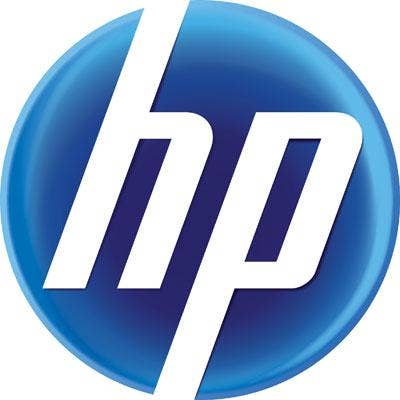
HP's New CEO, New Servers, New All-In One Workstation
HP CEO Meg Whitman's first address to partners was an upbeat and energetic renewal of the IT giant's long-running commitment to the channel, and even the most curmudgeonly partners couldn't help but be impressed with her obviously well-thought-out battle plan.
"I want to be a steady hand on the tiller for this company," Whitman said Wednesday in a keynote at HP's Global Partner Conference in Las Vegas. "We're going to return to being the reliable, trusted partner you can count on to build your businesses."
HP also garnered praise on the product front with its new ProLiant Gen8 servers; Project Voyager, its new server architecture for automating server management; and its Z1 Workstation, an all-in-one model that fits in a 27-inch LCD panel and allows easy replacement and upgrading of the internal components.
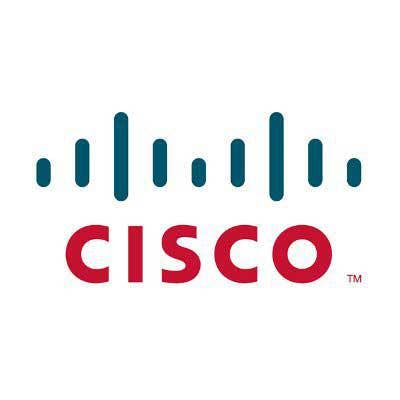
Cisco Teams Up With VMware, Citrix On VDI Projects
Cisco is deepening its ties with VMware and Citrix on virtual desktop infrastructure, and the networking giant said partners will be able to now more easily include VDI in data center projects.
"It means partners are getting one throat to choke in terms of accountability," Brian Alison, director, data center solutions, Cisco's Worldwide Partner Organization, told CRN. "There are also benefits such as integrated support for the whole solution, and access to the Cisco Capital engine. We're seeing a lot of positive feedback from this -- this is all upside for partners."
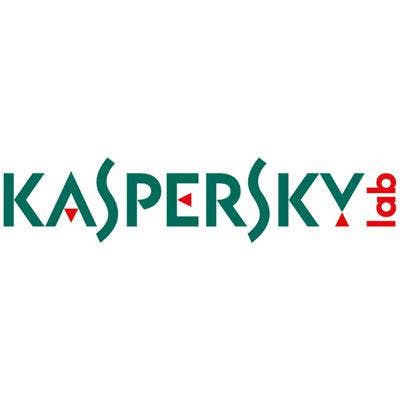
Kaspersky Forges Ties With VMware On Virtual Security
Kaspersky Lab this week teamed up with VMware on its first agentless antivirus offering for virtualized environments. Kaspersky offers agent-based security for VMware, Citrix and Microsoft , and now it's getting into the agentless space in response to customers' demands for a less resource-intensive product, Mark Bermingham, a product marketing manager for Kaspersky, told CRN this week.
Kaspersky is hoping that VMware's large channel will give it access to a sizable new potential customer pool. "We're in the process of exploring some of those synergies," Bermingham told CRN.
{C}
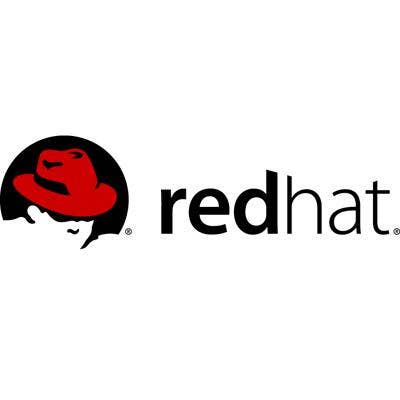
Red Hat Extends Offerings To Amazon Web Services
Red Hat this week expanded its cloud offerings for Amazon Web Services and said its Deltacloud API had been designated as a top-level project by the Apache Software Foundation, making it a full open-source project.
Scott Crenshaw, vice president and general manager of Red Hat's Cloud Business Unit, said Red Hat is extending its cloud platform, called Red Hat Enterprise MRG Grid, to Amazon Web Services via Red Hat Cloud Access. Red Hat Cloud Access enables customers to move their subscriptions between traditional on-premise servers and off-premise clouds hosted by service providers such as Amazon Web Services.
The changes are expected to result in improved deployment portability, easier subscription management and cost advantages for deploying in the cloud.
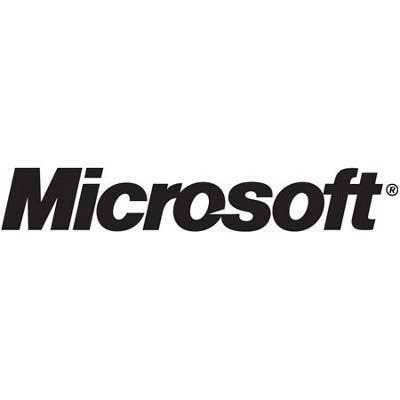
Microsoft Drops SQL Azure Cloud Database Pricing
Microsoft this week dropped pricing for its SQL Azure cloud database service, a move it said will yield cost savings of 48 percent to 75 percent for customers with databases larger than 1 GB. Microsoft also introduced a 100 MB database option designed to help businesses get started with SQL Azure.
Launched in September 2010, SQL Azure is a cloud-based data storage service along the lines of Amazon Web Services' Amazon S3 (Simple Storage Service). It's a key part of Microsoft's cloud strategy, along with the Windows Azure platform, Office 365 and Dynamics CRM Online cloud applications, and Windows Intune desktop management service. Last July Microsoft dropped all fees for moving data into Windows Azure in a bid to increase adoption of the cloud computing platform.